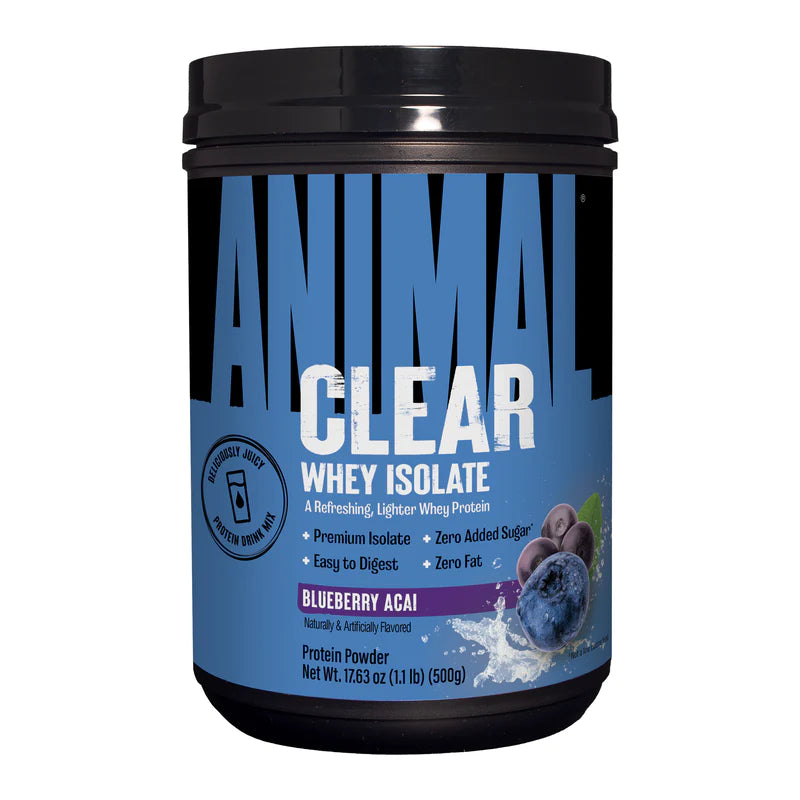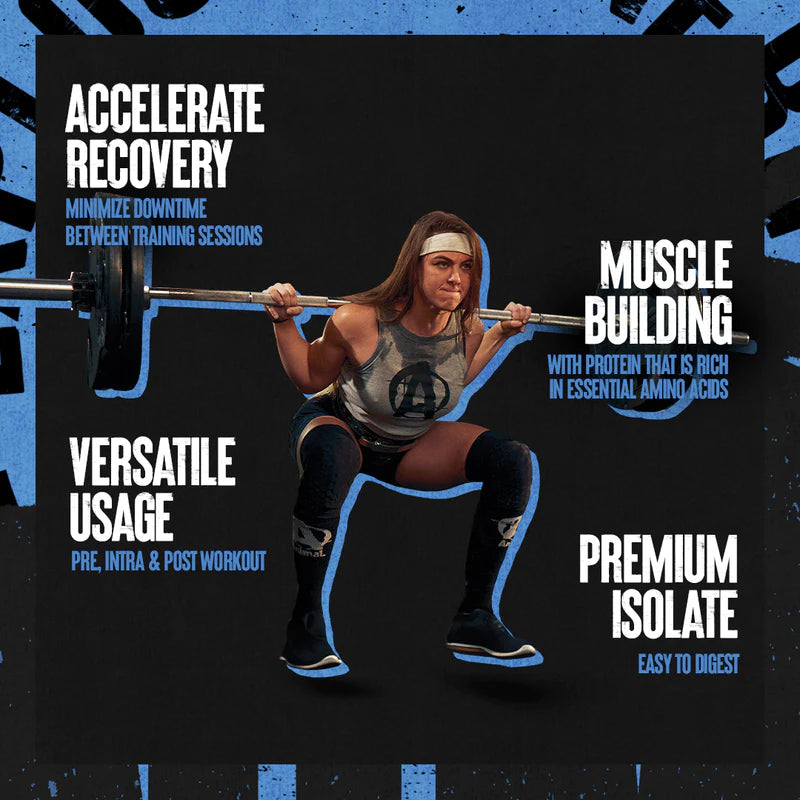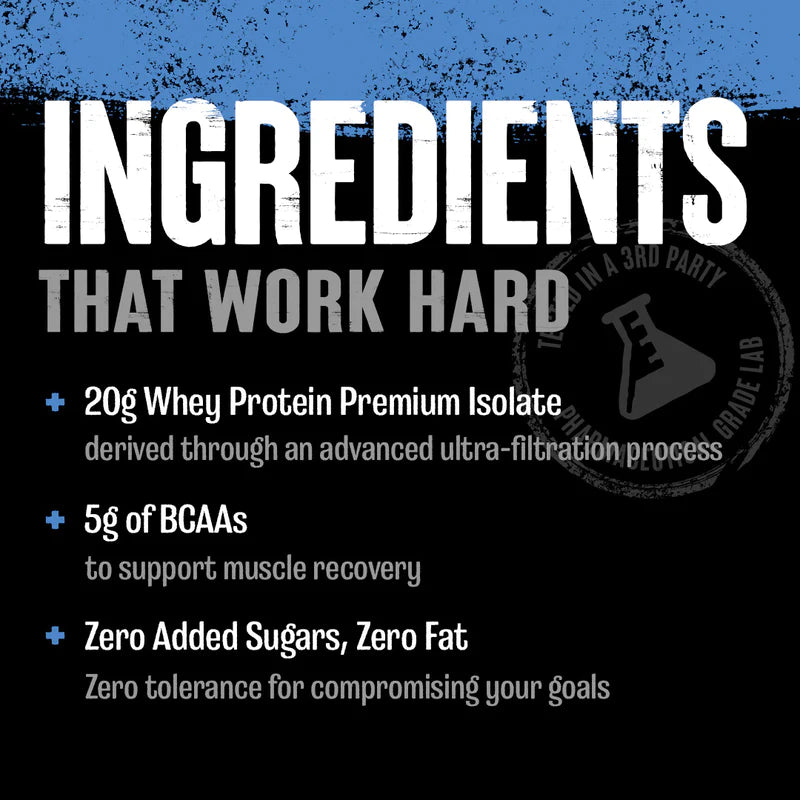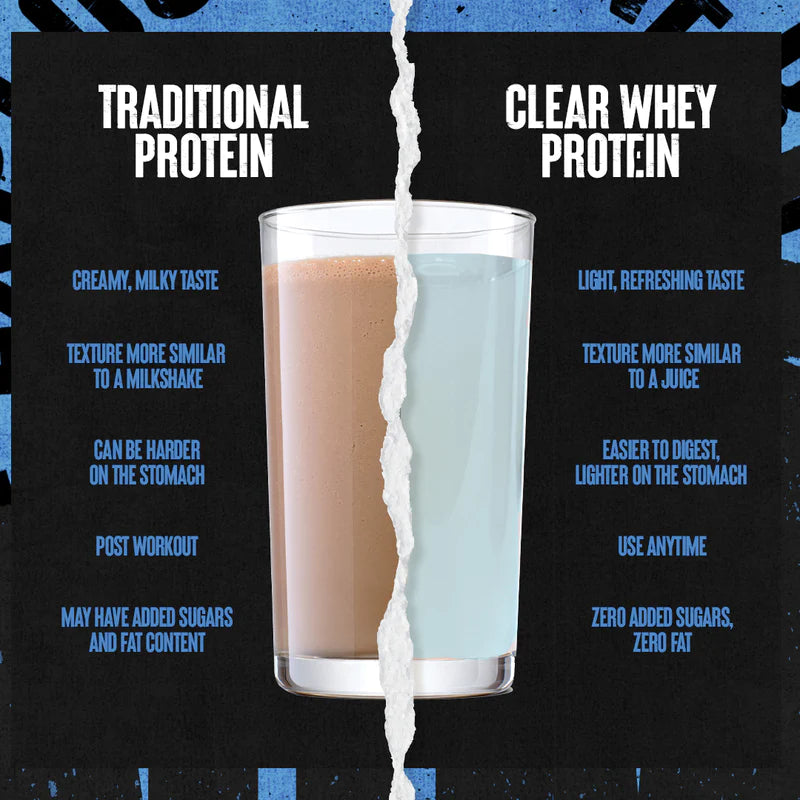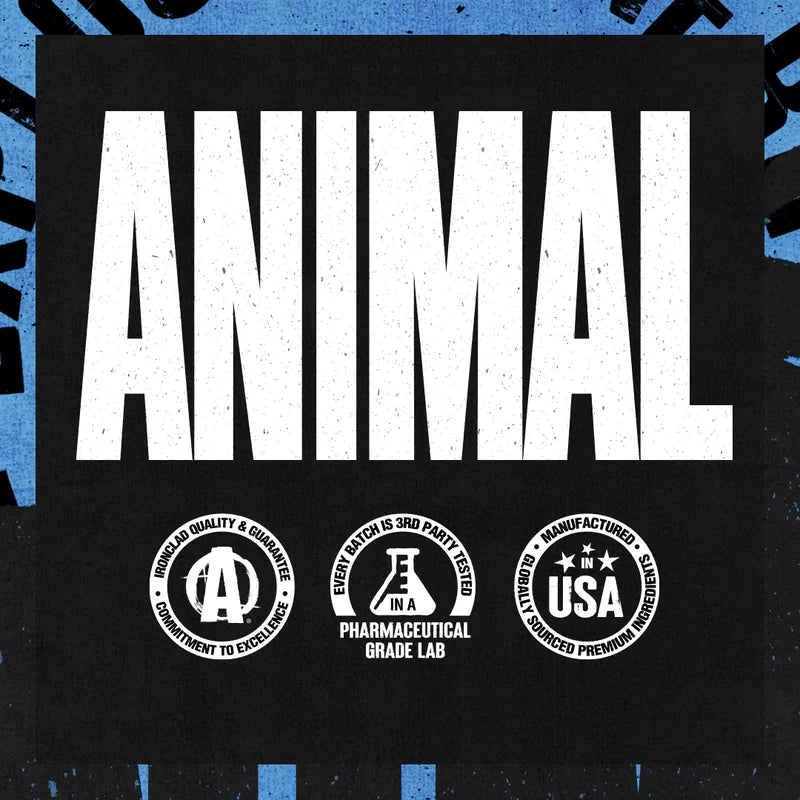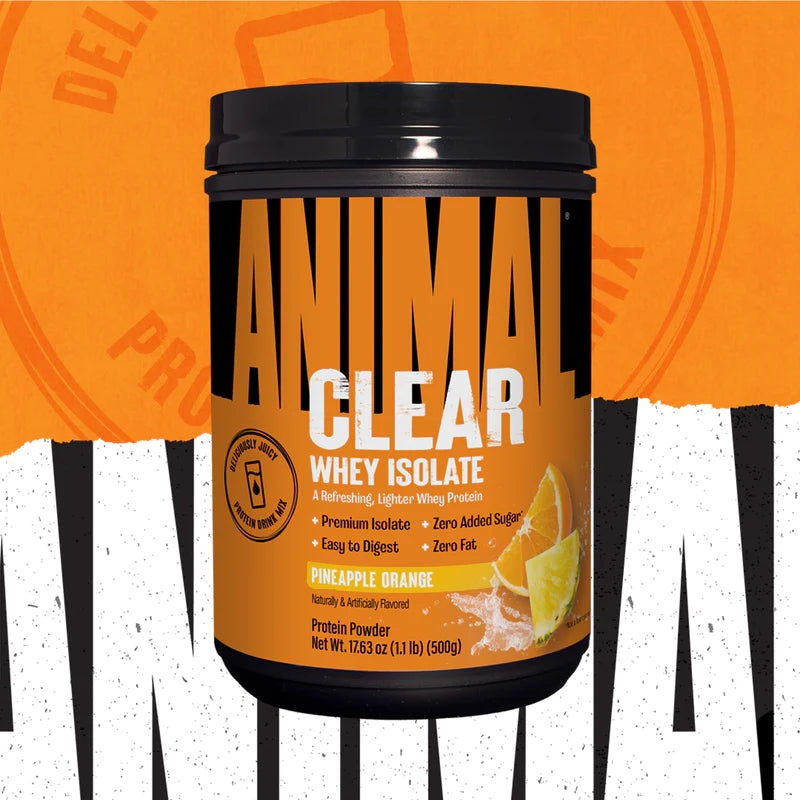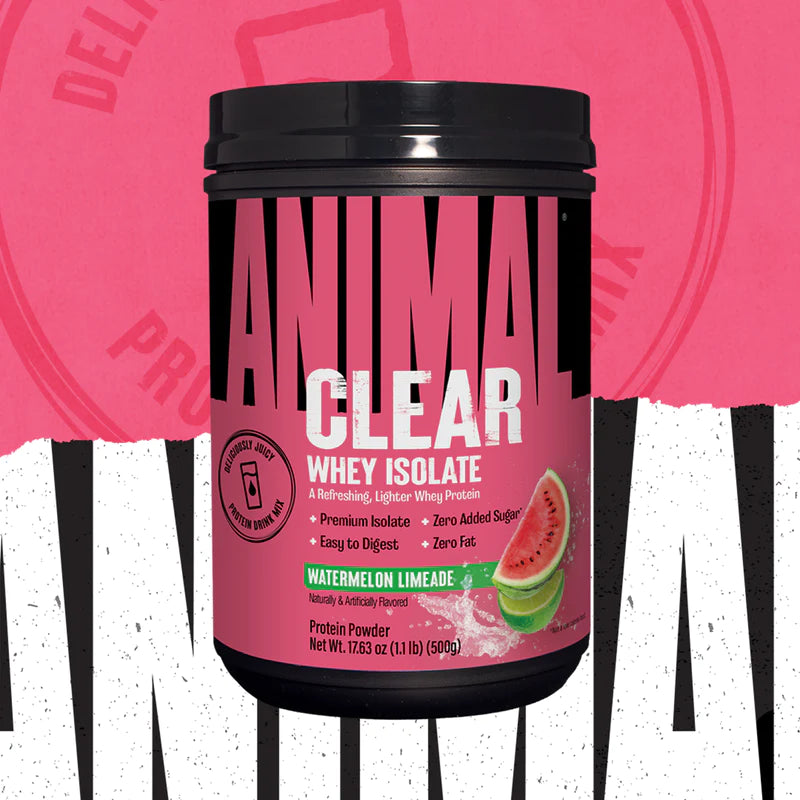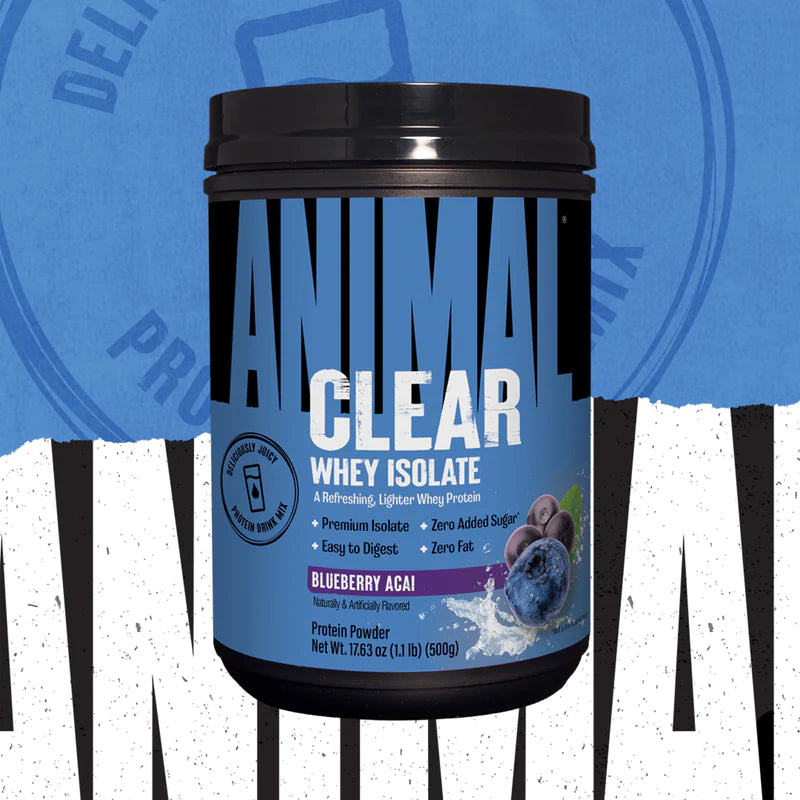1. What is a post-workout protein and what is it derived from?
Post-workout protein is designed to replenish lost vitamins protein, and carbohydrates along with other important nutrients. This type of protein is especially vital to growth because there is a small window of time after you are done working out when your body's anabolic state is at its highest.
During this time, protein absorption is very necessary, because it leads to to easier restoration of your glycogen stores, vital to keeping your body in an anabolic state.
Consuming your post-workout protein immediately after a workout will also increase your chance for quicker recovery versus if you wait too long to feed your body and delay the recovery process.
Post-workout proteins are essentially derived from many of the same sources as your other proteins, which is primarily milk. You can also get your protein from egg and soy, but those sources are not nearly as common, and they do cost a little more.
However, what makes a post-workout protein stand out among the rest is the rapidly absorbed proteins that are in it. Specifically, whey protein hydrolysates and cross-flow microfiltrated protein isolate along with carbohydrates that especially help replenish the glycogen stores.
2. What can a post-workout protein do for you and what scientific studies give evidence to support this?
A post-workout protein can help stimulate muscle growth beyond anything you have previously experienced. Additionally, you will witness and see a recovery time unlike anything you ever thought possible! These amazing results are due to the high levels of protein synthesis that your body achieves when a post-workout protein is consumed within a 2 hour or less time period following an intense workout.
Many people have yet to completely grasp the dire importance of glycogen restoration following workouts. This, along with achieving high levels of protein synthesis, are very important if you are serious about reaching your bodybuilding and fitness goals.
Simply put, your muscle fibers break down during excruciating, mind-blowing workouts. That breakdown, along with resistance training, is what is necessary to stimulate muscle growth. However, on the flip side, you also leave yourself vulnerable to injury. That is specifically why you MUST supplement yourself with post-workout recovery protein. The last thing any bodybuilder or athlete wants is a debilitating injury derailing their goals.
3. Who needs a post-workout protein and how much should be taken? Are there any side effects or symptoms of deficiency?
Anybody who is involved in bodybuilding, sports, and (or) who exercises regularly definitely needs a post-workout protein if they really want to maximize their gains and minimize chances of injury.
It is a fact that you should only take the amount as recommended by the manufacturer. Whatever brand of protein you might use or be using, there are always serving size instructions on them.
There are not necessarily any side effects to getting too much protein for a short period of time. However, studies have shown that consuming too much protein over a long period of time could weaken bone.
Although the odds of not getting enough protein are low, there are a certain % of people that do run that risk. If you do not get enough protein daily, you could get a severe case of protein malnutrition, called kwashiorkor. Lack of protein can cause growth failure, loss of muscle mass, decreased immunity, weakening of the heart and respiratory system, and worst case scenario, death.
It is recommended that every adult consume AT LEAST 0.8 grams of protein for every kilogram of body weight per day to keep from slowly breaking down their own tissues. That is really just 7 grams of protein for every 20 pounds of body weight. Now, anybody involved in bodybuilding and (or) resistance training is recommended to consume 1 gram of protein per two pounds of body weight.
Post-workout protein, as you can now see, will always play an important role in your nutrition and diet!
Published with permission, original ©
These statements have not been evaluated by the Food and Drug Administration. This product is not intended to diagnose, treat, cure, or prevent any disease.
